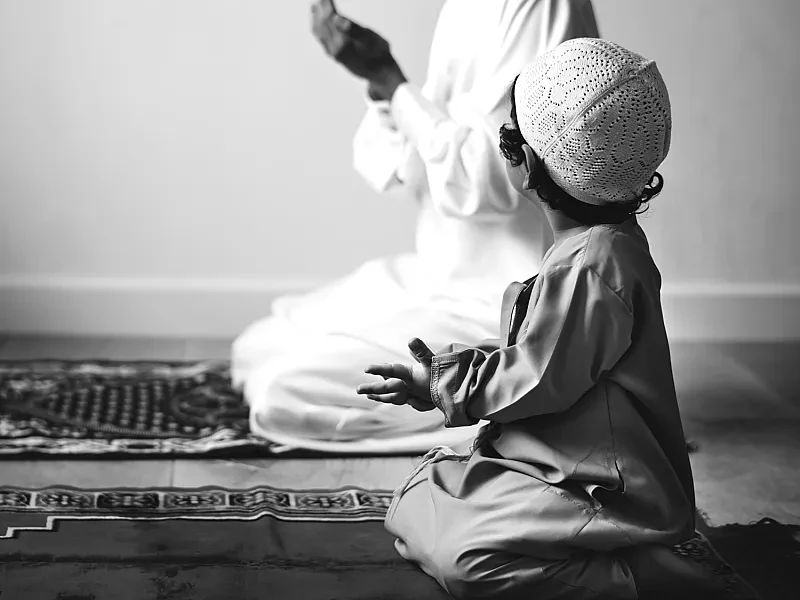
In Islamic law, the concept of "blood money" refers to compensation that is paid by the killer or their family to the victim or the victim's family in the event of a fatal injury. The purpose of blood money is to provide financial support to the victim's family and to help alleviate the impact of the loss of their loved one.
In Islamic tradition, taking a life is considered to be a serious offense, and the payment of blood money is one way of expressing remorse for the harm that has been done. In some cases, blood money may also be used as a form of punishment for the killer, as the compensation paid to the victim's family can serve as a deterrent to future violence.
In Islamic law, the amount of blood money that must be paid depends on the victim's age, gender, and social status. For example, the blood money for a male adult is typically higher than that for a female, and the blood money for a free person is typically higher than that for a slave.
The payment of blood money is often negotiated between the killer's family and the victim's family, and in some cases, it may be used as a way of resolving disputes without resorting to criminal proceedings. The payment of blood money can also be seen as a way of providing closure and a sense of justice for the victim's family, as well as helping to reconcile the two families and avoid further violence.
In modern times, the concept of blood money remains an important part of Islamic law and is still recognized in many countries with significant Muslim populations. However, the use of blood money has been criticized by some who argue that it can be used to avoid criminal prosecution and that it may perpetuate inequality between different groups in society.
Despite these criticisms, the use of blood money remains a widely accepted practice in many Muslim communities, and it is often viewed as a means of promoting peace and reconciliation. The payment of blood money is a complex and nuanced issue that is shaped by religious, cultural, and historical factors, and it continues to play a significant role in the legal and social systems of many Muslim-majority countries.
In conclusion, blood money is a concept that is deeply rooted in Islamic law and tradition, and it continues to play an important role in resolving disputes and compensating victims in many Muslim communities. While it may have its critics, the use of blood money remains a widely accepted practice in many parts of the Muslim world and is seen as a means of promoting peace and reconciliation in the aftermath of violent conflict.
Disclaimer: This article provides general information and should not be construed as legal advice. Please consult with a qualified and experienced lawyer for personalized guidance regarding your specific situation.
